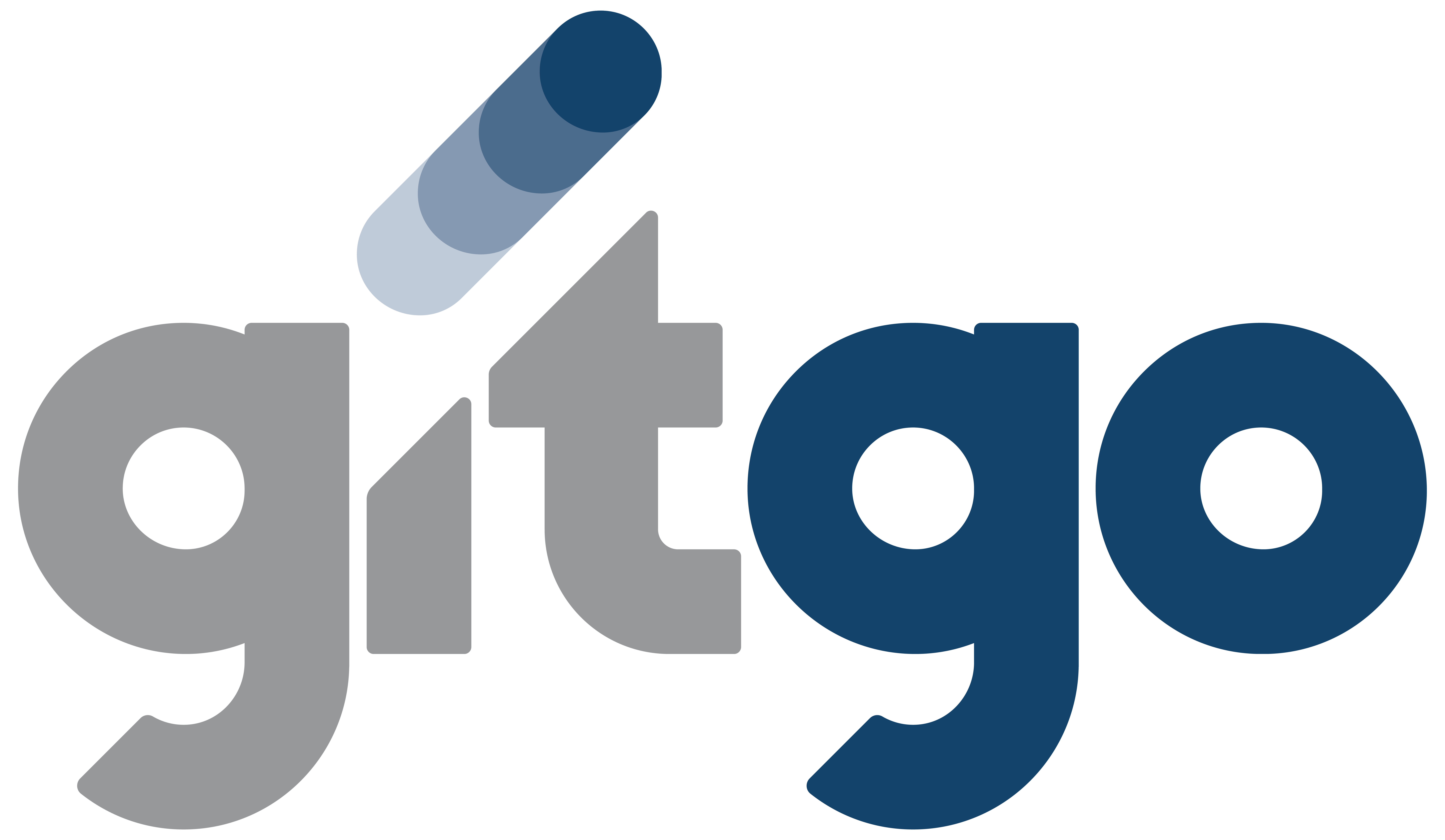Business Travel Sales
Are you losing room nights?
At Plan B Consultants, Inc. we view business travel sales as having five key audience groups:
1. The Travel Manager (or key decision-maker)
2. The Travel Agency
3. The Traveler/ Hotel Guest (or end-user)
4. The local office liaison (or feeder market contact)
5. The global or national sales rep
Sure, there are variations of the above depending on the customer and even the type of hotel you are pitching, but after over 5 years in hotel sales consulting focusing on ways to specifically grow hotel’s corporate transient or business travel segments …this way of dissecting the customer set has proven successful in gaining room nights.
The key is realizing that each audience group is important in its own right, and that it is just as important to pay attention to the local office contact as it is to spend time with the key decision-makers. Business Travel Sales Managers who do not plan and create specific action plans for each audience segment of their target and top accounts are missing out on room nights.
So, here’s the gist of each audience group (not in order of importance, as they are all equally important):
1. The Travel Manager/Key Decision-Maker – Fact based selling goes a long way. This audience segment is tasked with saving money, choosing partners that fit the profiles of their travelers, creating compliance programs that will work within their company culture, etc. Create compelling sales stories for them by using data combined with knowledge and research about the account’s specifics.
2. The Travel Agency – Go beyond the typical trade-show style office visit. Provide memorable pieces that educate the agents about the hotel and its relation to their client. Utilize technology, but first understand the agency and the audience within. Just like any customer, not all approaches work for all types of agencies.
3. The Traveler/Hotel Guest – Once accepted into the account’s travel program, make sure to review arrivals reports and pay close attention. Thank those hotel guests and offer recognition. The goal is to facilitate loyalty and gain referrals. Utilize social marketing, in-house referral programs, amenity programs, hotel guest feedback info, etc. Share findings with key decision-makers and your global or national sales reps, as vendors can often-times shed light on questions that those key decision-makers have about their company’s travel habits.
4. The local office/feeder office liaison – This audience group is ignored most frequently, because often-times they don’t even realize that they are an audience. Basically, it takes education on the part of the sales manager to show how the audience member can be of assistance to the sales manager and how the hotel sales manager can be of assistance to the audience member. It takes time, but these relationships can oftentimes be the most rewarding. This would be the audience group deemed the “influencer”, which is a key component of the hospitality sales process. Building a relationship with this audience member/group is critical.
5. Global/National Sales Representative – At Plan B Consultants, Inc. we approach global and national hospitality sales teams as an internal client. It is important to set out the facts and data similarly to how it is shared with the key decision-makers. Persistence and presentation are important. Oftentimes they have several accounts worth millions of dollars to their organization, they represent hundreds even thousands of hotels and several brands. The reality is that a single hotel still needs to cut through the clutter, and capture their attention.



